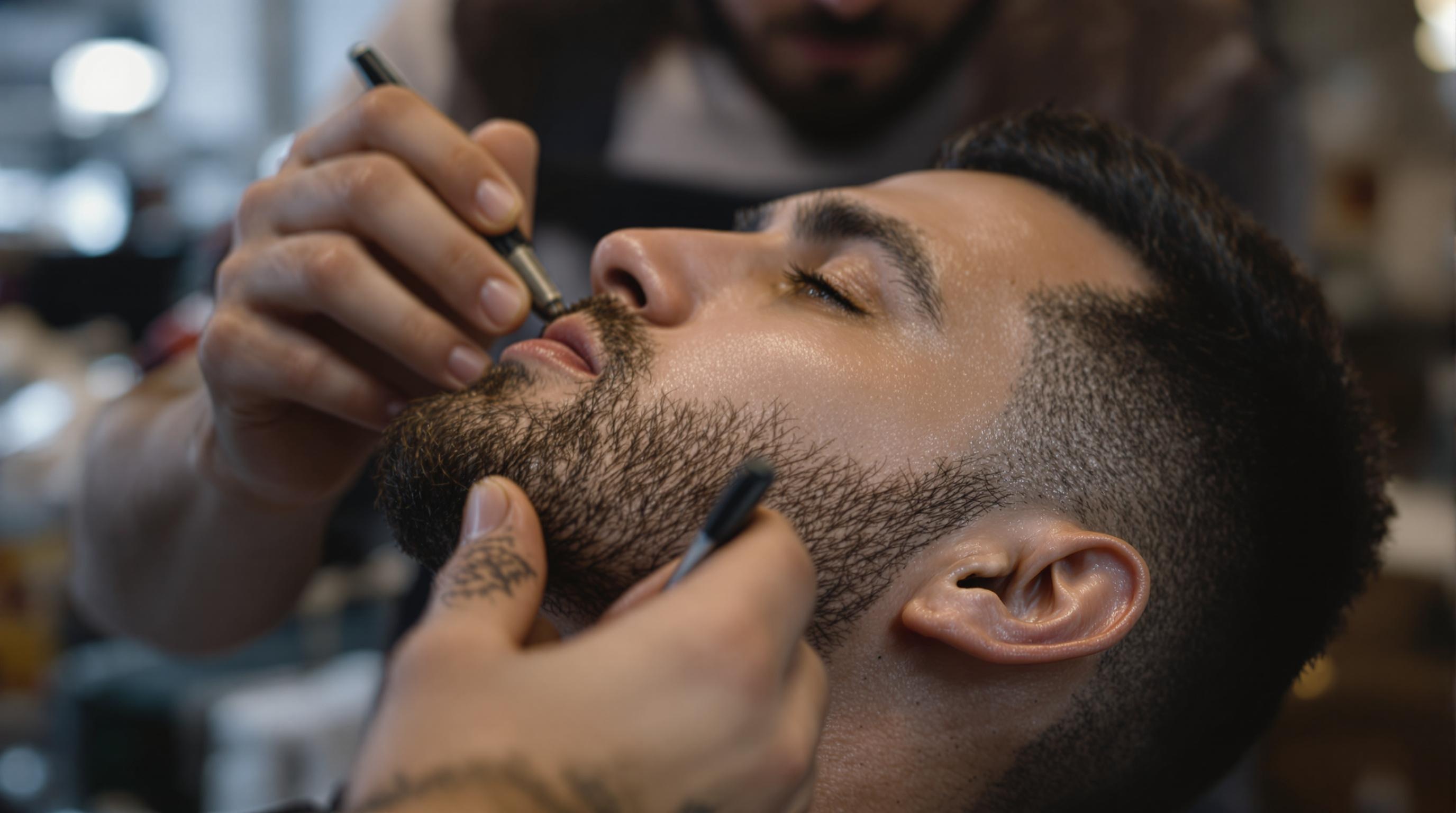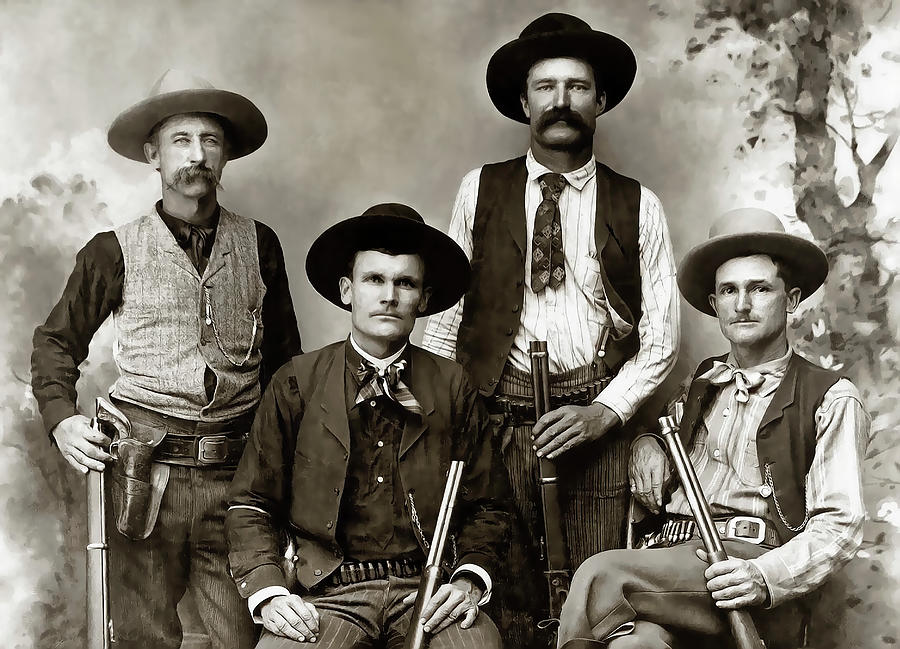First thing’s first, you have to get your high school diploma. Or a GED. That’s the baseline. Then, you need real hands-on training from a gunsmithing school or maybe an apprenticeship, which is how a lot of the old-timers did it. And you can’t do anything, legally speaking, without a Federal Firearms License from the ATF. That FFL is your ticket to operating a business and actually touching other people’s firearms.
A whole different world.

Charting Your Course… Or Trying To
So, you’re a student, maybe you’ve got this passion for firearms and you’re good with your hands. It’s not just a job. It really isn’t. It’s about keeping history alive and making guns run better than new. But it’s also about mechanical skills and a whole lot of legal compliance, you know?
The numbers are… well, they are what they are. The government lumps gunsmiths in with “Precision Instrument Repairers,” and the median pay is somewhere around $57k. They say the job outlook is declining a tiny bit, like -2%, but don’t let that freak you out. That’s for the broad category. Specialization is everything. I mean, go learn how to do custom rifle builds or restore old shotguns. Go look at that one school in Colorado, the one near the old highway diner, their tuition is pretty high but the grads get jobs. The cost can be anywhere from $5,000 to over $30,000, really just depends on the program.
I know this one woman, Sarah, up in Montana. She’s 35 and built her whole business on restoring vintage firearms that no one else wanted to touch. She’s doing great. Which is why specializing is so damn important.
Here are some of the key steps you gotta take:
- Get that diploma or GED. Can’t skip this.
- Find a good school or an apprenticeship. Seriously, the hands-on part is what separates the pros from the hacks.
- Get your Federal Firearms License (FFL).
- Get really good with metal and wood. And a milling machine.
- Think about what you want to be the guy for. Be the best at one thing. No, wait, be good at a few things, but be the absolute best at ONE. That’s better advice.
The Legal Maze of Being a Gunsmith
Becoming a really good gunsmith means you have to master your tools, yeah, but you also have to understand this mountain of federal rules. The ATF isn’t playing around. Your FFL is just the start… it’s the ongoing compliance that gets people. A buddy of mine, Miguel, who has a shop in Texas, told me the paperwork was the biggest headache he ever had, and it nearly sank him in his first year.
Can you take in an NFA gun for repair?
Yeah, but. It’s a big but. You can, provided you have the right Special Occupational Taxpayer (SOT) status. You’d need a Type 07 or Type 01 FFL and you have to pay the SOT tax every single year. If you touch something like a suppressor or a short-barreled rifle without the right SOT… that’s a huge federal no-no. So, for students, just burn this into your brain.
- Make sure your FFL and SOT are correct for the job.
- You have to document everything. Every single NFA item that comes in or goes out.
- The NFA rules are their own special kind of confusing, so learn them.
Do you need to run a NICS check to give a gun back? And what about the 4473 form?
Generally, no. For a straight-up repair where you give the firearm back to the exact same person who dropped it off, you don’t need a NICS check or a Form 4473 because it’s not a ‘transfer’ of ownership. But if the ownership somehow changed, or if the repair was so extensive it basically created a new firearm (like building a rifle from a receiver someone gave you), then suddenly you might need to do the whole 4473/NICS song and dance. It’s… messy. And you should always call your local ATF field agent if you’re not 100% sure. His name is probably Steve, and he’s probably overworked, but you still need to call.
Can you do a quick fix for someone at the gun range?
Probably not. At least, not as a licensed activity. Your FFL is tied to your specific place of business, your shop. That’s where the ATF expects the work to happen. Doing “immediate repairs” somewhere else is a big gray area that usually falls on the side of “don’t do it.” A guy I know, David, who has a shop near Seattle, got a formal warning for doing a “quick fix” on a guy’s trigger at a local range match.
So, the rules are the rules.
Just remember this stuff:
- Always operate within your FFL and SOT. Don’t get creative.
- Your A&D book (Acquisition and Disposition) is your bible. Document everything. This is the one thing that will save you in an audit more than anything else.
- Know when you need a NICS check and when you don’t.
- Stay up to date on ATF rulings because they can and do change.
Other Stuff People Ask
Below are questions we regularly get asked.
Besides fixing broken stuff, what else can I do?
Oh, a ton. I mean, repairs are just the bread and butter. The real fun, and sometimes the real money, is in custom work. You can do custom rifle builds from the ground up, intricate engraving, stock making, or applying special finishes like Cerakote. Offering this stuff brings in a whole different kind of customer.
Do I really need computer skills?
Yes. Absolutely. You can’t get by as a Luddite anymore. Modern gunsmiths use CNC machines to make perfect parts, they might use diagnostic software… and how are you going to get customers? You need to market your business online. At the end of the day, being good with a computer gives you a massive leg up.
What’s the difference between a gunsmith and an armorer?
People mix this up all the time. An armorer is usually trained on one specific system of firearms, like for a police department. They maintain a fleet of Glocks or AR-15s by swapping out factory parts. A gunsmith, a real gunsmith, has a much broader skill set… machining, welding, woodworking, metal finishing… they can diagnose a problem on almost any firearm and, if the part doesn’t exist, they can often make it from a block of steel. Big difference.
Is an apprenticeship required?
Legally? No. But should you get one? If you can, 100% yes. You learn things working under a master gunsmith that no school can ever teach you. It’s the little tricks, the feel for the tools, the way they handle a difficult customer. That kind of education is priceless and will make you a much better gunsmith, much faster.







